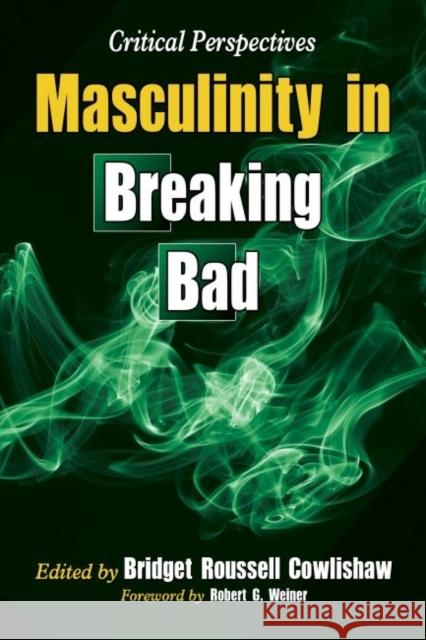Masculinity in Breaking Bad: Critical Perspectives » książka
Masculinity in Breaking Bad: Critical Perspectives
ISBN-13: 9780786497218 / Angielski / Miękka / 2015 / 236 str.
These essays consider the award-winning television series Breaking Bad as a critique of early-twentieth-century American concepts of masculinity. Susan Johnston analyses fatherhood in Breaking Bad . "The man who protects this family" becomes an ironic as Walter's rationale for crime is gradually revealed as a lie. Ian Dawe reads Breaking Bad as a traditional Western where a man stakes a claim, shoots it out with rivals, and chooses to be the outlaw or the family man. Brian Cowlishaw examines considers how uncomfortably our culture combines masculinity with intellect. R. Nicholas Gerlich and Lori Smith Westermann explore the series' capitalist concept of manhood in which to "provide" is "what a man does." Stephanie Gross examines the strategies of the capitalist battleground, employing Machiavelli as Walter White's uncredited mentor. In a chapter related to both Walter White as both family man and businessman, Ian Dawe examines the series' preoccupation with its men's longing to leave a legacy. Jeffrey Reid Pettis considers Breaking Bad 's quirky camera angles and characters' surveillance of each other--who is watching whom decides which man wins. In "round table" chapters, contributors discuss the show's reception: fans who root for "Team Walt," "Skyler-hating," and Breaking Bad as a feminist text.











